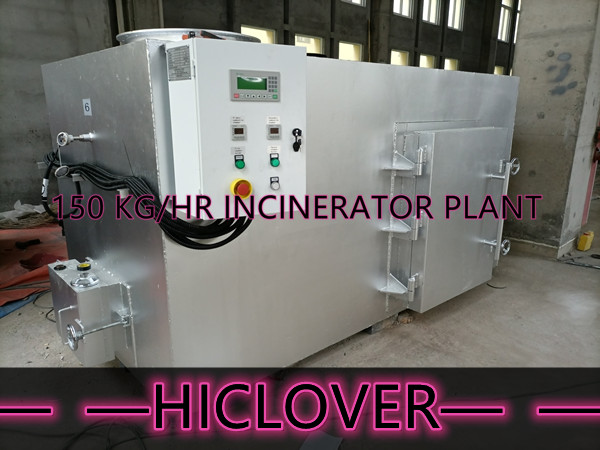Incinerators, or waste-to-energy plants, are facilities designed to burn solid waste to produce electricity or heat. While they offer a solution to the growing problem of waste management, they also bring about a host of environmental and health concerns. Therefore, the decision to build an incinerator is a contentious one, with both advocates and opponents arguing their case. In this article, we will delve into the pros and cons of building an incinerator to determine if it is worth it.
Pros:
1. Waste Reduction: Incinerators can significantly reduce the volume of waste that ends up in landfills. By burning solid waste, they can decrease the amount of space needed for disposal and extend the lifespan of existing landfill sites.
2. Energy Production: Incinerators produce electricity and heat from the combustion of waste, providing a renewable and sustainable source of energy. This can help reduce reliance on fossil fuels and mitigate climate change.
3. Job Creation: The construction and operation of incinerators require a trained workforce, creating job opportunities for local communities.
4. Waste Diversion: Incinerators can divert non-recyclable waste from landfills, reducing environmental pollution and contamination of soil and water.
Cons:
1. Air Pollution: The burning of solid waste releases harmful pollutants such as dioxins, mercury, lead, and volatile organic compounds into the atmosphere. This can have detrimental effects on air quality and public health, leading to respiratory problems and other health issues.
2. Greenhouse Gas Emissions: While incinerators produce electricity and heat, they also emit greenhouse gases such as carbon dioxide and methane, contributing to global warming and climate change.
3. Health Concerns: Communities near incinerators may be at risk of exposure to toxic emissions, leading to increased rates of cancer, asthma, and other health problems.
4. Waste Management Hierarchy: Incineration is often seen as a competing technology to recycling and composting, which are higher up in the waste management hierarchy. It may discourage efforts to reduce, reuse, and recycle waste.
In conclusion, the decision to build an incinerator is a complex and controversial one. While it offers benefits such as waste reduction, energy production, and job creation, it also raises serious environmental and health concerns. Governments and policymakers must carefully weigh the pros and cons before deciding if it is worth building an incinerator in their communities. It is essential to consider alternative waste management strategies and invest in sustainable solutions that prioritize waste reduction, recycling, and composting. Ultimately, the overall impact of incinerators on the environment and public health must be carefully evaluated to determine if the potential benefits outweigh the costs.



